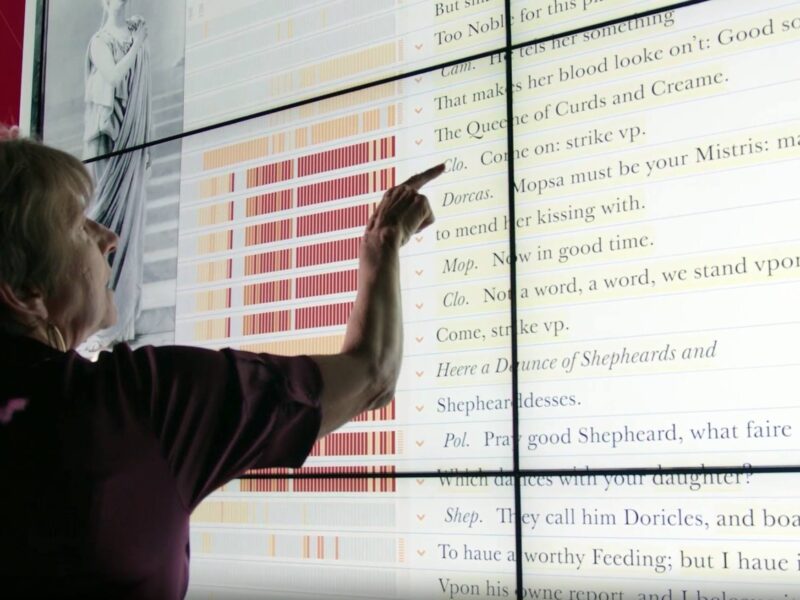What Motivates Educators To Empower Incarcerated Women?
Prisons typically offer classes to inmates on topics such as life skills, career readiness and even yoga, enriching the time inmates spend detained. The individuals leading these classes are often unpaid volunteers.
What motivates educators to enter these challenging learning environments for free?
Dr. Lisa Baumgartner, associate professor of adult education in the Department of Educational Administration and Human Resource Development, sought to understand this through her recent research with former Texas A&M College of Education and Human Development doctoral student and Center for Teaching Excellence staff, Dr. Carolyn Sandoval.
Sandoval interviewed volunteer educators at a gender-responsive program, classes responsive to women’s needs, offered to female inmates in jail. The researchers found common motivations among educators.
Baumgartner said one of the top motivations was the need to change the criminal justice system.
“Some of the educators were initially unfamiliar with the criminal justice system and now they recognize the inequities in it. A lot of them became advocates for changing the system when they started educating women,” Baumgartner said.
A woman’s pathway to prison can differ greatly from a man’s. Gender-responsive programs are important in prisons because they consider women’s unique circumstances.
Sandoval said many women are incarcerated for non-violent crimes and are likely to have experienced trauma, which often leads to substance abuse and addiction, as well as mental health problems.
“Through holistic programming—various psychoeducational classes, art, dance, yoga, to name a few—this particular [gender-responsive programming] worked to help the women understand and heal from trauma, addiction or other experiences that led them to being incarcerated,” Sandoval said.
Nurturing humanity
Educators described the jail system as dehumanizing. Sandoval recalled a specific instance in which a prison worker told the researchers upon entering the facility, “you should know it is feeding time”, as if the inmates were zoo animals. Instances like this, constant surveillance and prohibited physical touching can detract from inmates’ human identities.
“Another part of this study dealt with tensions between these emancipatory practices that the women were teaching and the context of the jail, which is dehumanizing,” Baumgartner said.
Educators became motivated to help their students feel human again through the programs they taught. The instructors would allow small freedoms in class, like the option to sit out during dance class and observe or understanding if inmates had to miss a session.
This teaching style emulates Freirean concepts, where teaching with love is paramount in facilitating trust between the educator and learner. Educators taught from a position of genuine care and compassion to foster empowerment for incarcerated women.
“Women can be empowered in a very unempowering situation and come to lead more productive lives and love themselves more because of gender-responsive programs,” Baumgartner said. “And the educators who are fostering empowerment through trust and giving these women choices are truly doing a service to the women.”
Sandoval hopes through this research the public will understand the importance and necessity for change in the justice system and the impact caring educators can have on lives.
“A key takeaway is the difference that people can make when recognizing their humanity in others, as well as injustices, and have the courage, will, AND support to take action toward change,” Sandoval said.
Dr. Carolyn Sandoval currently serves as the Associate Director of the Teaching + Learning Commons at the University of California, San Diego. She received her master’s and doctoral degrees from Texas A&M University in 2001 and 2013, respectively.
This article by Heather Gillin first appeared in Transform Lives.






